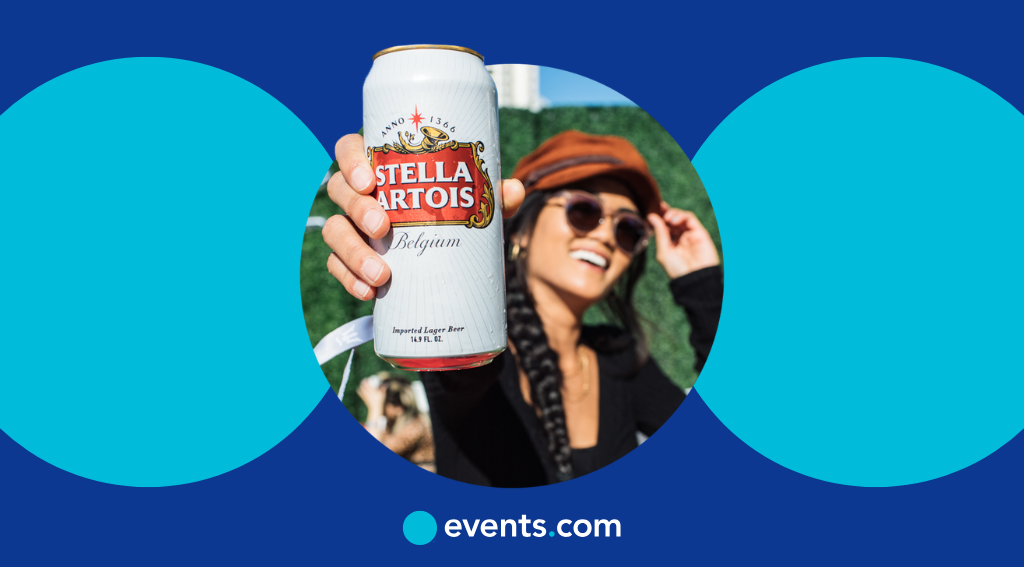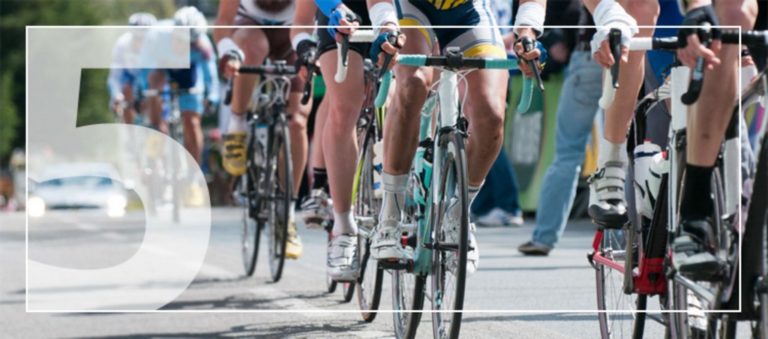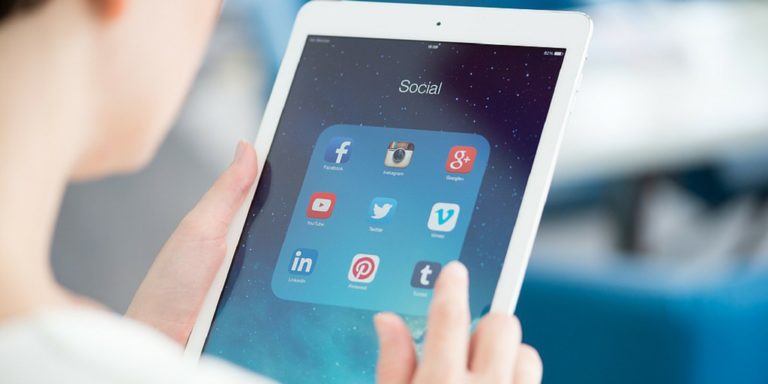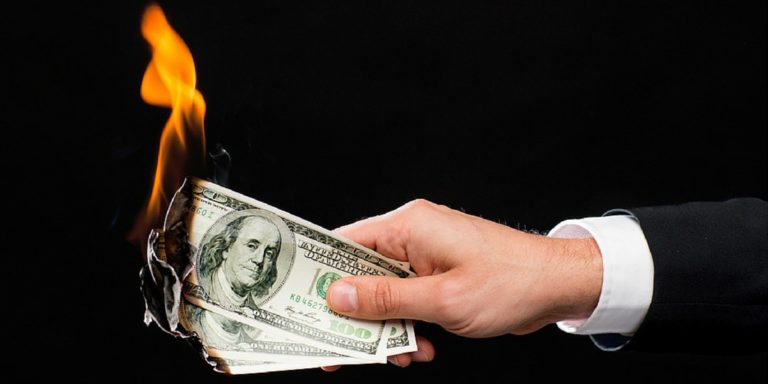What’s an event without its audience? After all, attendees are what determine an event’s success. Planning your venue, catering, and budget around expected attendance is just logistics, attracting those attendees takes a targeted marketing strategy. Leveraging influencers and brand ambassadors should be a core part of your event marketing strategy, helping you reach new audiences and build genuine excitement. In fact, brands earn an average of $5.78 for every $1 spent on influencer campaigns. In this article, we’ll explore how to identify the right partners, craft compelling collaborations, and measure their impact to ensure your next event is a sell‑out.
Understanding the role of influencers and brand ambassadors in event promotion
When planning an event, it’s essential to consider not just the logistics but also how to effectively promote it to your target audience. Influencers and brand ambassadors can play a pivotal role in this aspect.
Influencers are individuals who have built a substantial following on social media platforms. Their followers often trust their opinions and recommendations, making them valuable partners in spreading the word about your event. By sharing content related to your event, influencers can get the word out and encourage their audience to attend.
Brand ambassadors, on the other hand, are individuals who have a strong affinity for your brand and are willing to promote it consistently. They can be employees, loyal customers, or fans who embody your brand’s values. Their genuine enthusiasm can help build trust and credibility among potential attendees.
The strategic value of influencers vs. ambassadors
Influencers are social media personalities with niche audiences, often hired for short-term campaigns. For example, partnering with a travel influencer to promote a destination festival can tap into their audience’s wanderlust, driving ticket sales through aspirational content like reels or vlogs. Their strength lies in immediacy, think Instagram Stories teasing event highlights or TikTok challenges tied to your theme.
Brand ambassadors, however, are long-term collaborators deeply aligned with your brand’s mission. A fitness brand ambassador, for instance, might host monthly webinars leading up to a marathon event, fostering community and anticipation. Their consistent advocacy builds trust, making them ideal for recurring events or annual conferences where loyalty drives repeat attendance.
By leveraging the reach of influencers and the authenticity of brand ambassadors, you can enhance your event’s awareness and appeal. This combined approach can lead to increased ticket sales and a more engaged audience.
How brand ambassadors strengthen long-term event promotion
Ambassadors act as your event’s “always-on” advocates. For example, a tech conference might onboard industry experts as ambassadors to:
- Share behind-the-scenes content year-round (e.g., speaker interviews, session previews).
- Host LinkedIn AMAs to engage professional communities.
- Provide post-event testimonials or case studies for future marketing.
This approach not only sustains the event hype but also positions your event as a thought leader, attracting sponsors and media partnerships.
By blending event promotion with influencers for rapid visibility and ambassadors for sustained loyalty, you create a holistic event marketing strategy that drives immediate results while nurturing a dedicated audience. This dual approach ensures your event stands out in crowded markets and delivers measurable event ROI.
Identifying the right influencers and brand ambassadors for your event
Not all influencers are created equal, especially when it comes to promoting events. The best fit will feel like an extension of your brand, not just a face with a following. Start by narrowing in on people who truly align with your event’s theme, values, and audience. For example, if you’re hosting a sustainability-focused conference, a fashion influencer known for promoting fast fashion might not be your ideal match, no matter how many followers they have.
Instead of chasing big numbers, dig into the details:
- Niche relevance: Do they regularly talk about topics related to your event?
- Tone and content style: Does their vibe match your brand’s personality?
- Engagement rates: Are their followers actually interacting with their posts? (Spoiler: 10k engaged followers can be more valuable than 100k silent ones.)
- Past partnerships: Have they promoted events before—and how did those campaigns perform?
Brand ambassadors, on the other hand, are often long-term partners. Look for people who already love your brand or have shown interest in your mission. Their credibility comes from authenticity, so sometimes micro-influencers or even enthusiastic attendees from past events can make fantastic ambassadors.
Doing this groundwork upfront means you’ll spend less time managing mismatched collaborations and more time watching the right voices generate real excitement for your event.
Strategies for collaborating with influencers and brand ambassadors
The synergy between an event and its chosen influencers or brand ambassadors can be transformative. When executed thoughtfully, these collaborations can elevate your event’s reach and foster authentic engagement. Much like the enduring partnerships seen in sports sponsorships, building and maintaining relationships with influencers requires strategy, trust, and mutual benefit.
1. Establish clear objectives and communication
Begin by defining what you aim to achieve through the collaboration, be it increased ticket sales, enhanced brand awareness, or engagement with a specific demographic. Communicate these goals transparently to your collaborators, ensuring they understand their role in achieving them. Providing a detailed brief that outlines expectations, key messages, deliverables, and timelines sets the foundation for a successful partnership.
2. Balance creative freedom with brand guidelines
While it’s important to maintain brand consistency, giving influencers creative freedom ensures the content remains authentic and resonates with their audience. Trusting them to present your event in their unique voice can lead to more genuine and effective promotion.
3. Diversify collaboration formats
Engage your audience through various content formats:
- Sponsored posts: Traditional yet effective, these posts can highlight event details or special offers.
- Live streams: Real-time interactions, such as Q&A sessions or behind-the-scenes glimpses, can build excitement and provide a personal touch.
- Event takeovers: Allowing influencers to manage your event’s social media for a day can offer fresh perspectives and engage their followers directly.
- Behind-the-scenes content: Sharing the event’s preparation process can humanize your brand and build anticipation.
4. Foster long-term relationships
Consider building ongoing partnerships with influencers who align closely with your brand values. Long-term collaborations can lead to more consistent messaging and a deeper connection with their audience.
Maximizing engagement and reach through influencer and ambassador content
To truly take advantage of the power of influencer and ambassador marketing for your event, it’s essential to create content that resonates with both the influencer’s audience and your event’s objectives. By providing influencers with creative freedom and aligning their content with your event’s messaging, you can create authentic and engaging promotional materials.
Here are some examples of innovative influencer and ambassador content you can try:
- Teasers & sneak peeks: Collaborate with influencers to share exclusive glimpses of your event, such as behind-the-scenes footage or previews of key moments. This not only builds anticipation but also generates a sense of exclusivity among potential attendees.
- Countdown campaigns: Implement daily countdown posts leading up to the event, featuring themed content like “Outfit of the Day” or “Speaker Spotlight.” This approach maintains momentum and keeps the event top-of-mind for your audience.
- Interactive content: Engage your audience with polls, quizzes, or live Q&A sessions hosted by influencers. This fosters two-way communication and strengthens the connection between your event and its potential attendees.
- Repurpose influencer-generated content (IGC): Extend the lifespan of influencer content by sharing it across your own channels, such as your website, email campaigns, or social media platforms. This maximizes reach and reinforces your event’s messaging.
Platform-specific strategies:
- Instagram/TikTok: Focus on short-form videos that capture the essence of your event, utilizing trending audio and creative visuals to enhance engagement.
- LinkedIn: For B2B events, encourage influencers to share thought leadership articles or host live sessions with industry experts, positioning your event as a valuable professional development opportunity.
- YouTube: Collaborate on longer-form content, such as vlogs or highlight reels, providing in-depth coverage and insights into your event.
Measuring the success of your influencer and ambassador campaigns
Evaluating the effectiveness of your influencer and ambassador campaigns is crucial for understanding ROI and refining future strategies. By tracking key performance indicators (KPIs) and analyzing data, you can gain actionable insights into your campaign’s performance.
Engagement metrics:
- Social engagement rate: Monitor likes, comments, shares, and saves to assess audience interaction with your content.
- Hashtag performance: Track branded hashtags to measure organic reach and community involvement.
- Live stream metrics: Analyze peak concurrent viewers and replay rates to gauge interest in real-time content.
Conversion metrics:
- Trackable links & codes: Utilize UTM parameters or influencer-specific discount codes to attribute ticket sales directly to influencer efforts.
- Website traffic: Identify spikes in visits to your event page during influencer campaign periods using tools like Google Analytics.
- Sentiment analysis: Employ AI tools to analyze the tone of mentions, determining whether they are positive, neutral, or negative.
Post-campaign debriefs:
- Influencer feedback: Gather insights from influencers on content performance and any challenges faced during the campaign.
- A/B testing: Compare the performance of different content formats or influencer partnerships to identify the most effective strategies.
- Lifetime value (LTV): For brand ambassadors, track repeat attendees acquired through their advocacy over a 6–12 month period to assess long-term impact.
Reviewing these insights will help you fine-tune your influencer strategy, strengthen future partnerships, and maximize the ROI of your event marketing efforts. Ongoing evaluation is what turns good campaigns into great ones.
Your perfect event marketing strategy starts here
Influencers and brand ambassadors are more than just tools for short-term promotion—they are partners in crafting a compelling story for your event. By identifying the right individuals, crafting targeted strategies, and leveraging authentic content, you can boost engagement, reach new audiences, and ensure long-term success.
Ready to see how influencer marketing can elevate your next event? Start by setting up your next event on Events.com or book a demo today to see how we can help you create unforgettable experiences!
Frequently asked questions about influencer/brand marketing
1. What is influencer marketing?
Influencer marketing involves collaborating with individuals who have a strong following on social media to promote products or events. Influencers help increase brand visibility and engagement by sharing authentic content with their audience, driving awareness and trust.
2. What do brand ambassadors do?
Brand ambassadors are long-term representatives of a brand, consistently promoting its values and products. They create content, share testimonials, and engage with their audience to build trust and loyalty, often acting as the voice of the brand over time.
3. How to run an influencer marketing campaign?
To run an influencer marketing campaign, define your goals, find the right influencers, and craft an appealing offer. Set clear expectations, track performance, and measure ROI to optimize future campaigns and ensure your objectives are met.
4. How to find brand ambassadors?
To find brand ambassadors, start with loyal customers, passionate employees, or social media followers who align with your brand. Reach out to potential candidates with an offer to represent your brand and use ambassador platforms to streamline the search.




